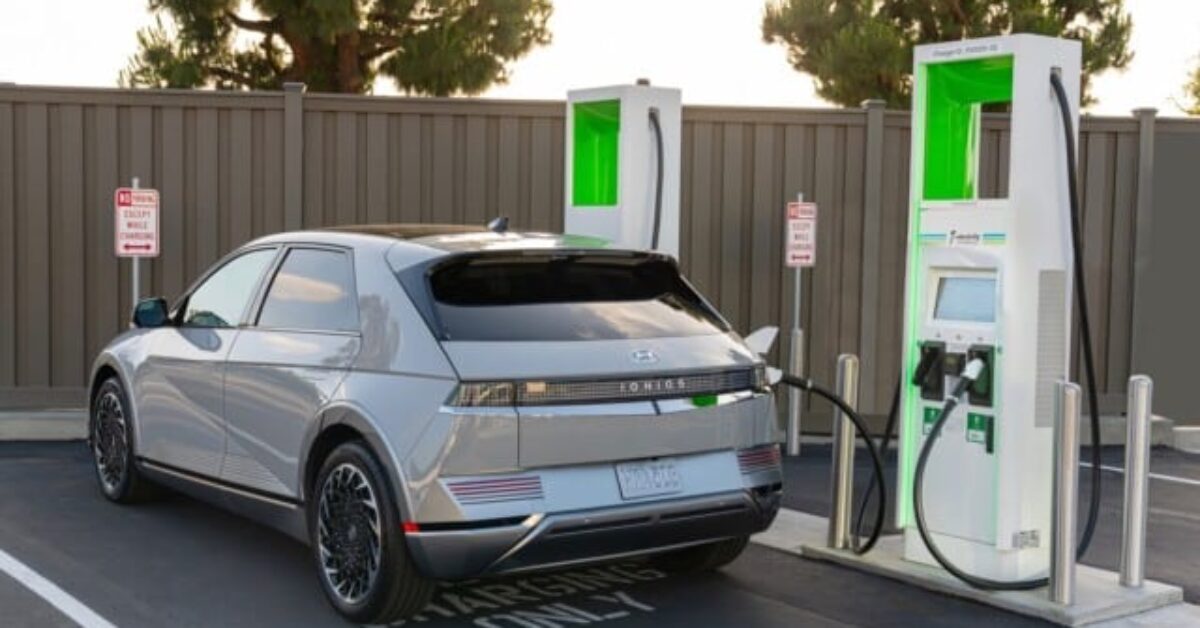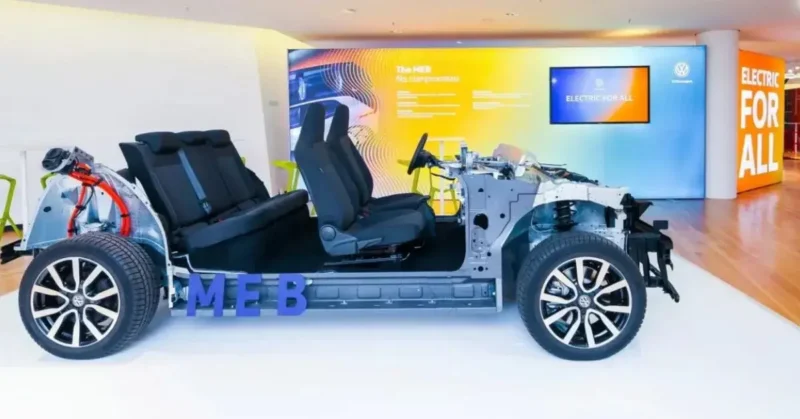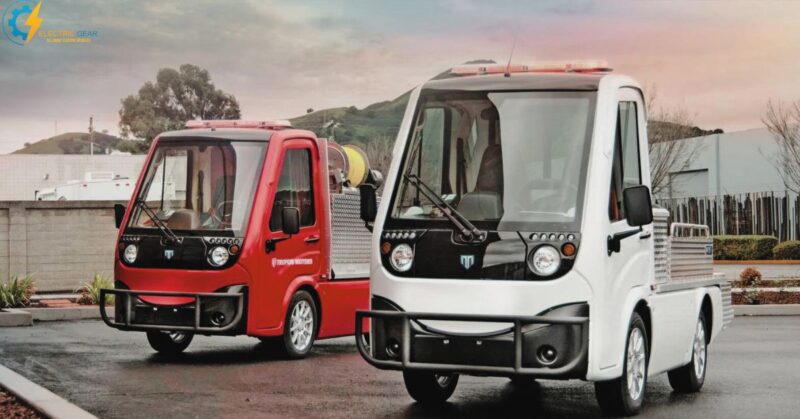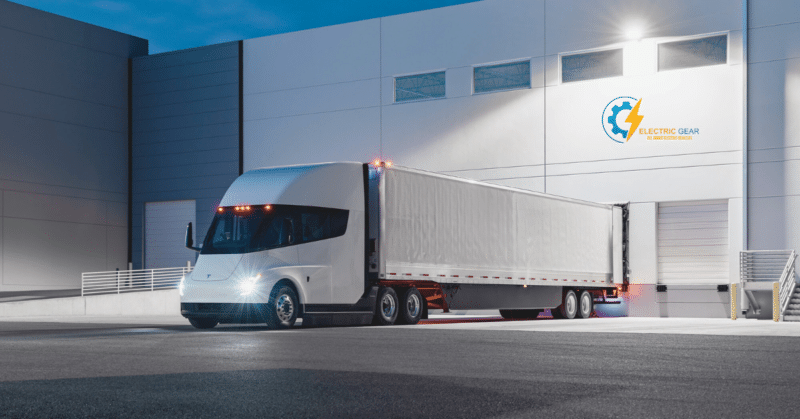Several factors play a significant role in your decision to buy an EV. These are mileage, range, battery replacement, and, most crucially, charging EVs. Different EV companies have launched their electric vehicles on the market. Usually, EVs take a longer time to recharge as compared to ICEs. It has been the primary concern of buyers and a source of worry while purchasing these vehicles.
Nowadays, manufacturers are introducing chargers for electric cars, which take less time to charge than when they were first introduced in 2009. However, they do not need to worry if they drive along the way and the battery is about to run out. If charging stations are along the way, even at considerable distances, they can charge their vehicle’s battery quickly to reach their destination.
Different Levels of Charging EVs
It has been difficult to charge an EV rather than refuel a gasoline vehicle for a long time. The reason is simple: charging takes more time. However, considering the driver’s concerns, EV battery manufacturers have designed ultra-fast chargers that charge at an alarming speed of 30 minutes for a battery to charge fully.
Now, we are going to discuss three different charging levels. You may choose one of these for your electric vehicle according to its specifications. Let’s take a look at these:
1. Level 1 Charging
Some Facts About Level 1 Charger
- Voltage: 120 V
- Charging Rate: 4-5 miles per hour
- Charging Time: 30-40 hours
It is the slowest among all chargers used for EVs. The maximum power output of the level 1 charger is 20 amps. Most typical household appliances, including TVs, refrigerators, and mobile phones, use a type 1 120V outlet. Only residential places offer electric car charging at this level.
It is called ‘trickle charging’ because of its slowest speed to charge. Most Level 1 charger continues charging all night at home. Therefore, it is a good choice for drivers. It adds only 50 miles range after getting charged overnight. It is slow; however, the best option because most American trips are less than 50 miles.
It fully charges an EV battery in almost 39 hours. It uses a 2 to 3-kW charger with a capacity of 3-5 miles of range per hour. Level 1 is the best for charging plug-in hybrid electric cars due to their smaller batteries (less than 25 kWh). Level 1 chargers take a long time to recharge the vehicle because the batteries in electric vehicles are significantly heavier than those in conventional vehicles.
2. Level 2 Charging
Some Facts About Level 2 Charger
- Voltage: 240 V
- Charging Rate: 12-80 miles per hour
- Charging Time: 8-12 hours
The most popular way of charging an electric car worldwide is level 2. It’s a 240-volt charger with a maximum power output of 80 amps. It can be installed at home, the workplace, and in public places like railway stations, bus terminals, malls, etc.
Electricians can install level-2 chargers at home for you. Upgrading the electrical panel in some residences, especially older ones, may be necessary to allow level 2 charging to become fully operational. Within a short span of an hour, it adds 20–80 miles of range. It is faster than level 1.
Most drivers of full-electric vehicles install a Level 2 charging setup at home. The drivers do not need to worry if they connect the charger to the dead battery because it will be fully charged until morning, as it takes 8–12 hours to recharge. The speed of the level 2 charger is around five times that of the level 1.
Charging Range of Different Level 2 Chargers
- A 7.4 kW charger will give a charging range of 25 miles (40 km) per hour.
- An 11 kW charger will provide a charging range of 37 miles (60 km) per hour.
- A 22 kW charger will provide 75 miles (120 km) charging range.
3. Level 3 Charging
Some Facts About Level 3 Charging
- Voltage: 400 V
- Charging Rate: 3-20 miles per minute
- Charging Time: 30 minutes (approximately)
It is also known as DC fast charger or supercharger because it charges the battery of an EV quickly. It uses direct current (DC) rather than the alternate current (AC) used by level 1 and 2 chargers. It has 400 volts, more than both levels 1 and 2. It provides a range of 3–20 miles per minute and can fully charge the vehicle within 20–30 minutes if you plug in an empty battery.
DC fast chargers cannot be installed at home. Moreover, they are exceedingly expensive and may cost thousands of dollars. If you install it at home, it will cost more than buying an electric car. Level 3 charging stations are typically found in public or commercial areas, such as retail stores, shopping malls, corporate buildings, etc.
Two Key Principles of Level 3 Charger
- The grid always provides an alternate current (AC).
- Only direct current (DC) can charge an EV battery.
Top 10 Fastest Charging Electric Cars of 2023
- Tesla Model S Plaid: If used 250 kW charging capacity, this car will complete the 200-mile range in just 15 minutes.
- Porsche Taycan Turbo S: With its 270 kW charging system, the Taycan Turbo S can recharge up to 80% within 22.5 minutes.
- Audi e-tron GT: The e-tron GT is charged up to 80% in 23 minutes with its 270 kW charging capability.
- Ford Mustang Mach-E GT Performance: The Mustang Mach-E GT Performance can charge 61 miles in just 10 minutes with its 150 kW charging capability.
- Lucid Air Dream Edition: This car can charge up to 300 miles in just 20 minutes with its 300 kW charging capability.
- BMW iX: Its charging time is up to 75 miles in just 10 minutes with its 200 kW charging capability.
- Mercedes-Benz EQS: The EQS can charge up to 186 miles in 15 minutes with its 200 kW charging capability.
- Chevrolet Bolt EUV: The Bolt EUV can charge up to 95 miles in just 30 minutes with its 55 kW charging capability.
- Hyundai Ioniq 5: The Ioniq 5 can charge up to 80% in just 18 minutes with its 220 kW charging capability.
- Kia EV6: The EV6 can charge up to 210 miles in just 18 minutes with its 800V charging system.
Some Electric Vehicle’s Charging Levels, Time, Range, and Battery
Here’s a table of charge time, mileage, and battery size for some popular electric vehicles (EVs) charging with a 7kW charger:
| EV Model | Battery Size | Mileage (EPA est.) | Charge Time (7kW) |
|---|---|---|---|
| Tesla Model S Long Range | 100 kWh | 412 miles | 14.4 hours |
| Tesla Model 3 Long Range | 75 kWh | 358 miles | 10.7 hours |
| Tesla Model X Long Range | 100 kWh | 371 miles | 14.4 hours |
| Tesla Model Y Long Range | 75 kWh | 326 miles | 10.7 hours |
| Audi e-Tron | 95 kWh | 222 miles | 13.6 hours |
| Ford Mustang Mach-E | 88 kWh | 300 miles | 12.6 hours |
| Porsche Taycan 4S | 93.4 kWh | 227 miles | 13.3 hours |
| Chevrolet Bolt | 65 kWh | 259 miles | 9.3 hours |
Remember that the stated charge durations are estimates that might change based on variables, including the battery’s current charge level, the ambient temperature, and the charging station’s output. Some electric vehicles may be able to take greater power levels from rapid chargers than others.

Imran is an experienced content writer who crafts engaging and informative articles for a variety of industries. With a keen eye for detail and a passion for storytelling, Imran delivers high-quality content that resonates with readers. Whether he’s writing blog posts, social media content, or website copy, Imran is committed to delivering compelling content that drives results.







